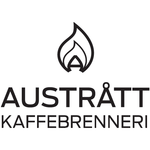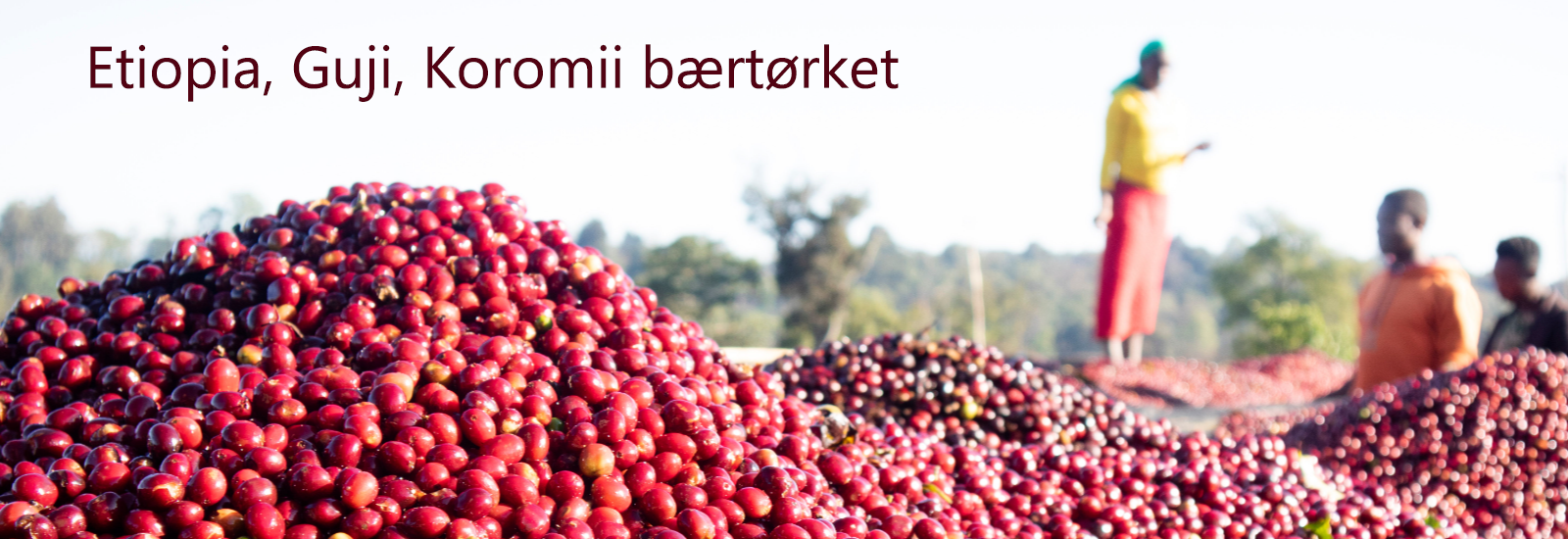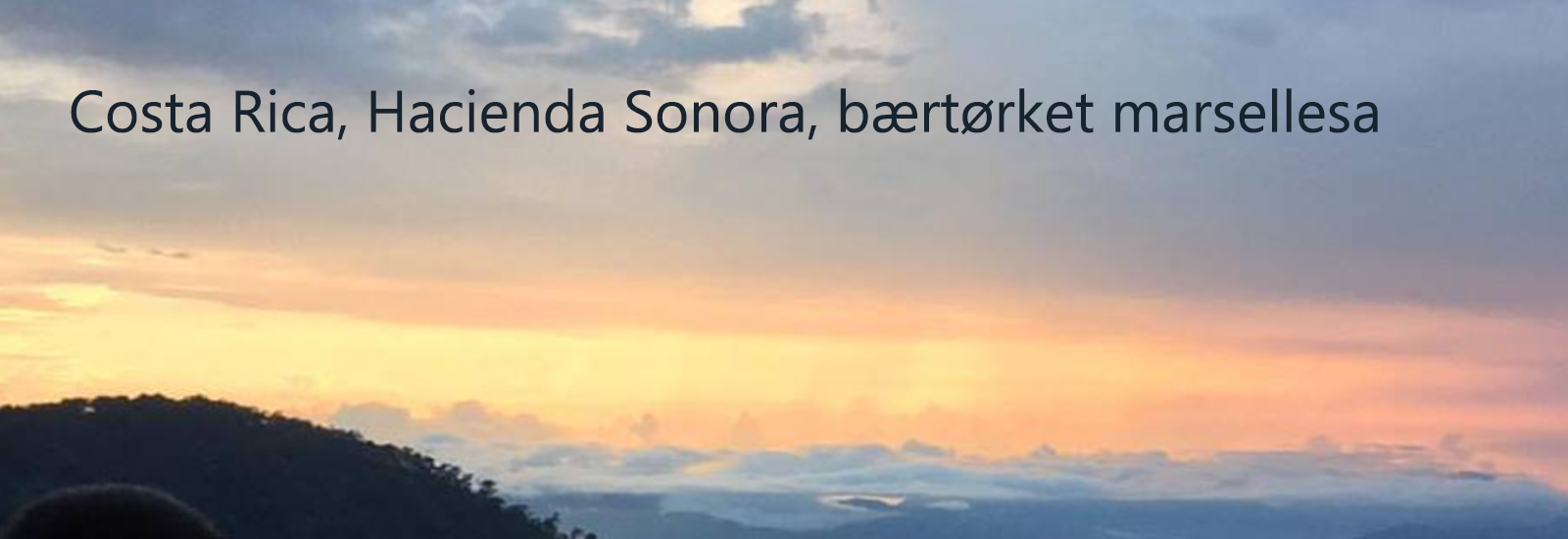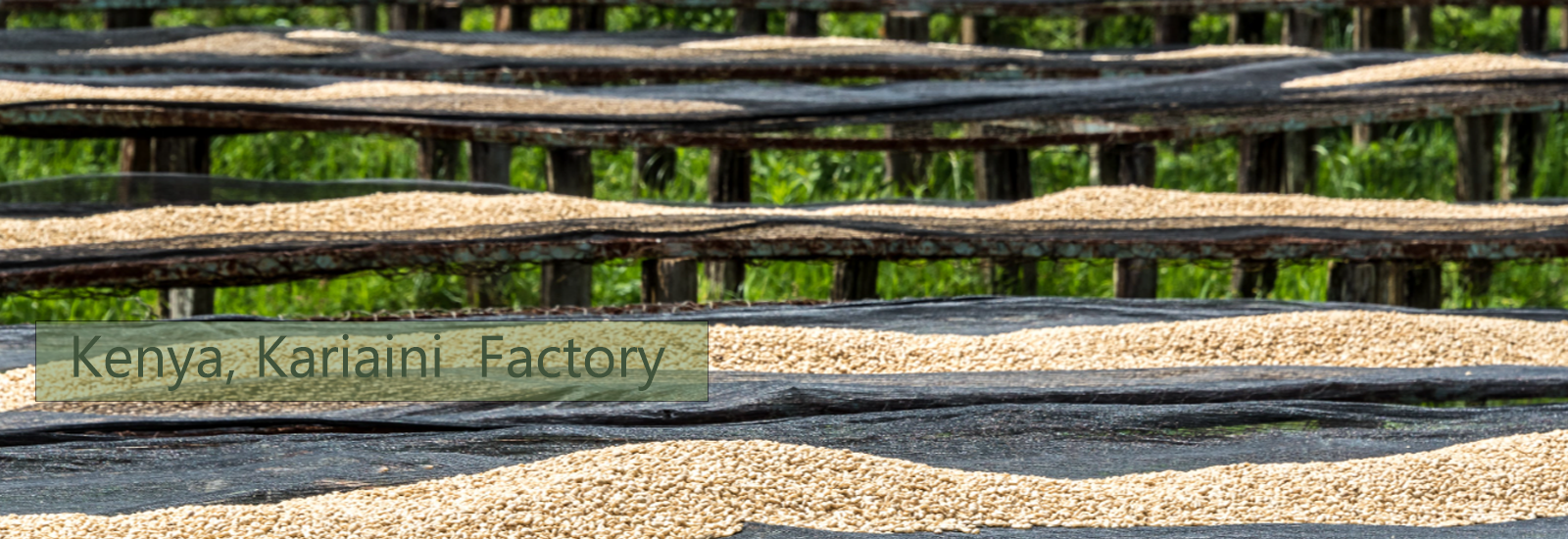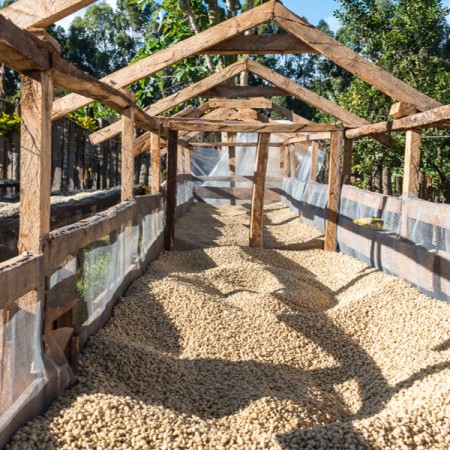
Utvalgte produkter

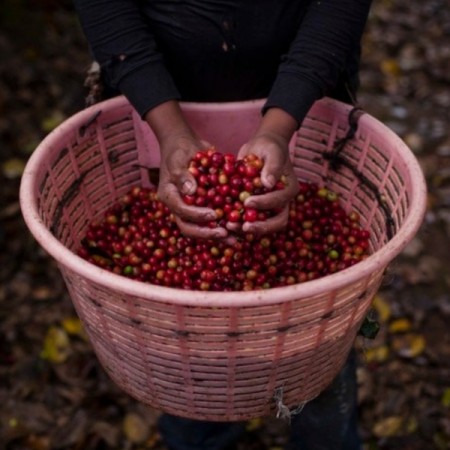
Costa Rica, Valle Central, Alajuela, Hacienda Sonora
Bærtørket kaffe fra Hacienda Sonoroa og kaffebæret marsellesa. Kaffen går under kategori " Rarities & Experimentals" .
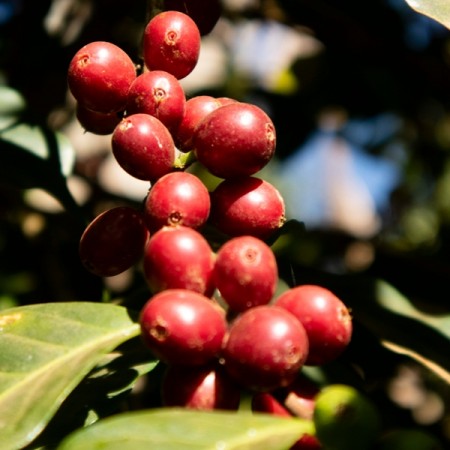
Etiopia, Guji, Koromii , Bærtørket G1
Bærtørket eller "natural" fra Guji og høytvoksende mellom 2000 og 2150moh.
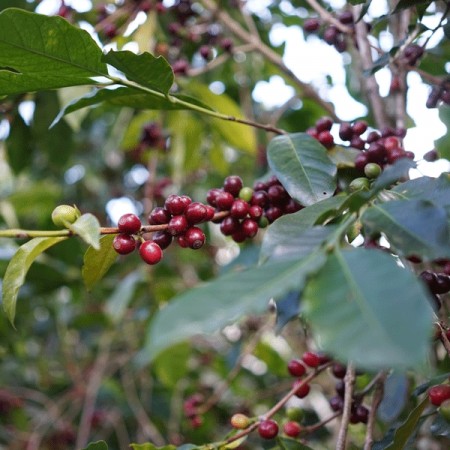
Kaffe fra Sør- og Mellom Amerika
Ett kilo spesialkaffe fra Sør- og Mellom Amerika. Opprinnelse, kaffe bær og prosessering vil variere med tilgjengelighet. Inkludert frakt
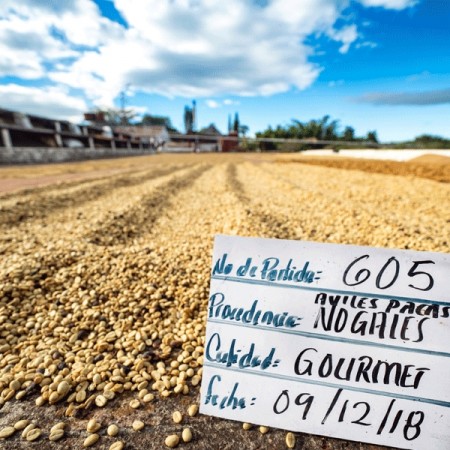
Månedlig abonnement 1 kg Sør- og Mellom Amerika
Abonner på en KG pose relativt lysbrent kaffe fra Sør- og Mellom Amerika. Abonner hver måned, eller hver tredje måned inntil abonnementet sies opp.
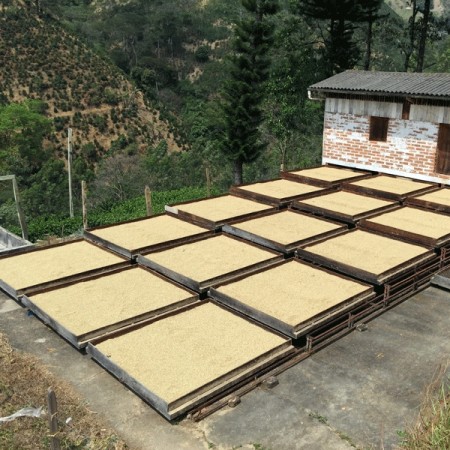
Månedlig abonnement Sør Amerika
Abonner på en pose kaffe fra Sør-Amerika hver måned inntil abonnementet sies opp.
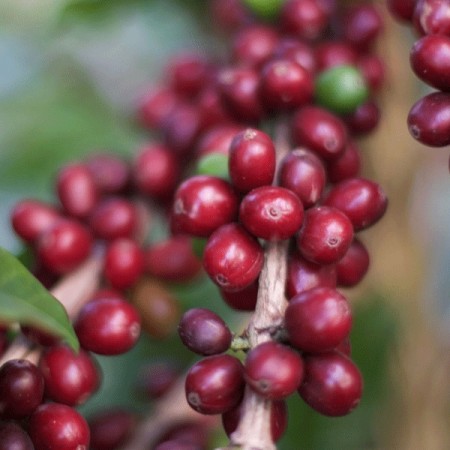
Månedlig Abonnement Afrika og Sør- og Mellom Amerika
Abonner på to poser poser kaffe 250g fra Afrika og Sør- og Mellom Amerika.

Månedlig abonnement espresso (barista maskin kaffe)
Abonner på en KG pose ESPRESSO/baristamaskin kaffe hver måned inntil abonnementet sies opp.
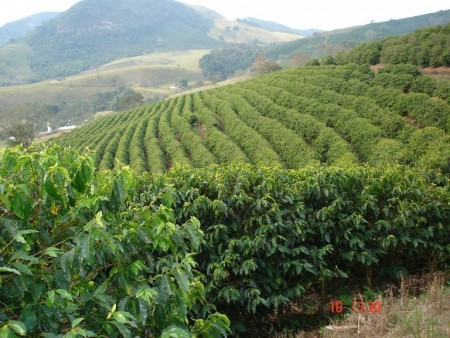
Espresso og baristamaskin
Dette er kaffen som gir forutsigbar god espresso for både privat og i bruk i kaffebarer. Profilen er gir en søtlig, lite bitter men kraftig kopp kaffe. Profilen er utviklet gjennom flere år.
